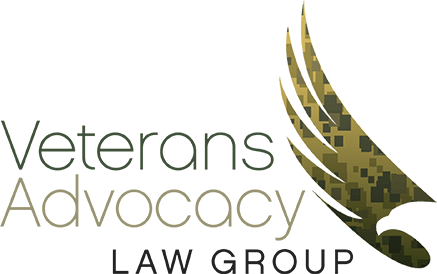The Veteran's Administration (VA) is a frequent target of criticism. However, veterans themselves are responsible for some of that criticism because they fail to participate in programs designed to benefit them. For example in the case of VA procurements where veterans mistakenly assume there will be set-asides for veteran-owned businesses. The VA will only set aside procurements for veterans if there are veteran businesses that are registered to compete for these procurement opportunities and the contracting officer can satisfy the rule of two requirement using normal market research. However, if the VA, or other federal agencies, seek veteran-business sources and find none the federal government is under NO obligation to set aside procurements.
Legal History
In the Matter of Crosstown Courier Service, Inc. (File: B-410936, Date: March 12, 2015) the Government Accountability Office (GAO) denied a bid protest challenging the VA's decision to not set aside a procurement for service-disabled veteran-owned small business (SDVOSB) because the VA's market research concluded there was no expectation of receiving proposals from two or more SDVOSB concerns capable of performing the required services.
The contracting officer wanted to limit the procurement to SDVOSB concerns and therefore searched government databases (including the General Service Administration’s (GSA) e-Library and the Vendor Information Pages (VIP). As a result of this research, the contracting officer concluded there was no reasonable expectation that two or more SDVOSBs would respond to the RFP and that the rule of two would not be satisfied.
Reasonable Expectation of Two Offerors?
A veteran-owned business protested the contracting officer's decision, but the GAO determined that under the Veterans Benefits, Health Care, and Information Technology Act of 2006, 38 U.S.C. § 8127, and the VA’s implementing regulations, VA Acquisition Regulation Supplement (VAAR), 48 C.F.R. §§ 819.7004, 819.7005, the VA is required to set aside acquisitions for SDVOSBs only when it determines that there is a reasonable expectation that offers will be received from at least two SDVOSB concerns and that award can be made at a fair and reasonable price. 38 U.S.C. § 8127(d); VAAR § 819.7005.
The determination as to whether there is a reasonable expectation of receiving offers from two or more SDVOSB concerns capable of performing the required work is a matter of informed business judgment within the contracting officer's discretion (Crosstown Courier Serv., Inc., B-407404, Nov. 30, 2012, 2012 CPD ¶ 333 at 3; Buy Rite Transport, B-403729, B-403768, Oct. 15, 2010, 2010 CPD ¶ 245 at 3).
The GAO further decided that the requirements of the 2006 Act do not dictate the use of any particular methodology in assessing the availability of SDVOSB concerns to perform a requirement; measures such as prior procurement history, market surveys, advice from the agency’s small business specialist, and information concerning prospective offerors’ business history and capability or capacity may all provide a reasonable basis for a decision to set-aside, or not set-aside, a requirement for SDVOSBs. Crosstown Courier Serv., Inc., supra, at 3; FlowSense, LLC, B-310904, Mar. 10, 2008, 2008 CPD ¶ 56 at 3.
The lesson for veterans is that if your business is not registered in the System for Award Management (SAM), on a GSA schedule or verified by the CVE, the government has no obligation to do business with you. The government intends to help veterans, but Veterans have to be assertive by taking the necessary steps to be prepared for government contracting opportunities. Also, when registering in SAM.gov for example, it is important, if your firm qualifies, to identify your firm as a Service Disabled Veteran Owned Business. While only the VA is required to utilize vip.vetbiz.gov, many other agency contracting officers use that site for market research. Therefore, registering on that database will help your company's visibility.
State Set-Asides
States like New York and Colorado have recently passed legislation setting state-wide goals for SDVOSB set-asides. The Colorado law requires that the firm be situated in Colorado and CVE verified. The New York law, which recently went into effect, makes registration easier for firms that are registered in the Veterans First program (vip.vetbiz.gov). California has its own certification process for disabled veterans who live in California and a three percent Statewide set-aside. California's set-aside program has an added benefit of what the State calls an "SB/DVBE Option" meaning a contracting officer may contract directly to the SDVOSB, but "The solicitation must be valued at more than $5,000, and the State agency must obtain price quotes from at least two California certified DVBE businesses." There again is a State level rule of two. The lesson here is clear, get your company registered anywhere it is feasible to do so; increasing your visibility and your odds of winning federal and state dollars.
If you are a Veteran with a business and have a problem with a government contract, please contact the experienced attorneys at Veterans Advocacy Law Group at (888) 680-9612 or complete an online contact form.

